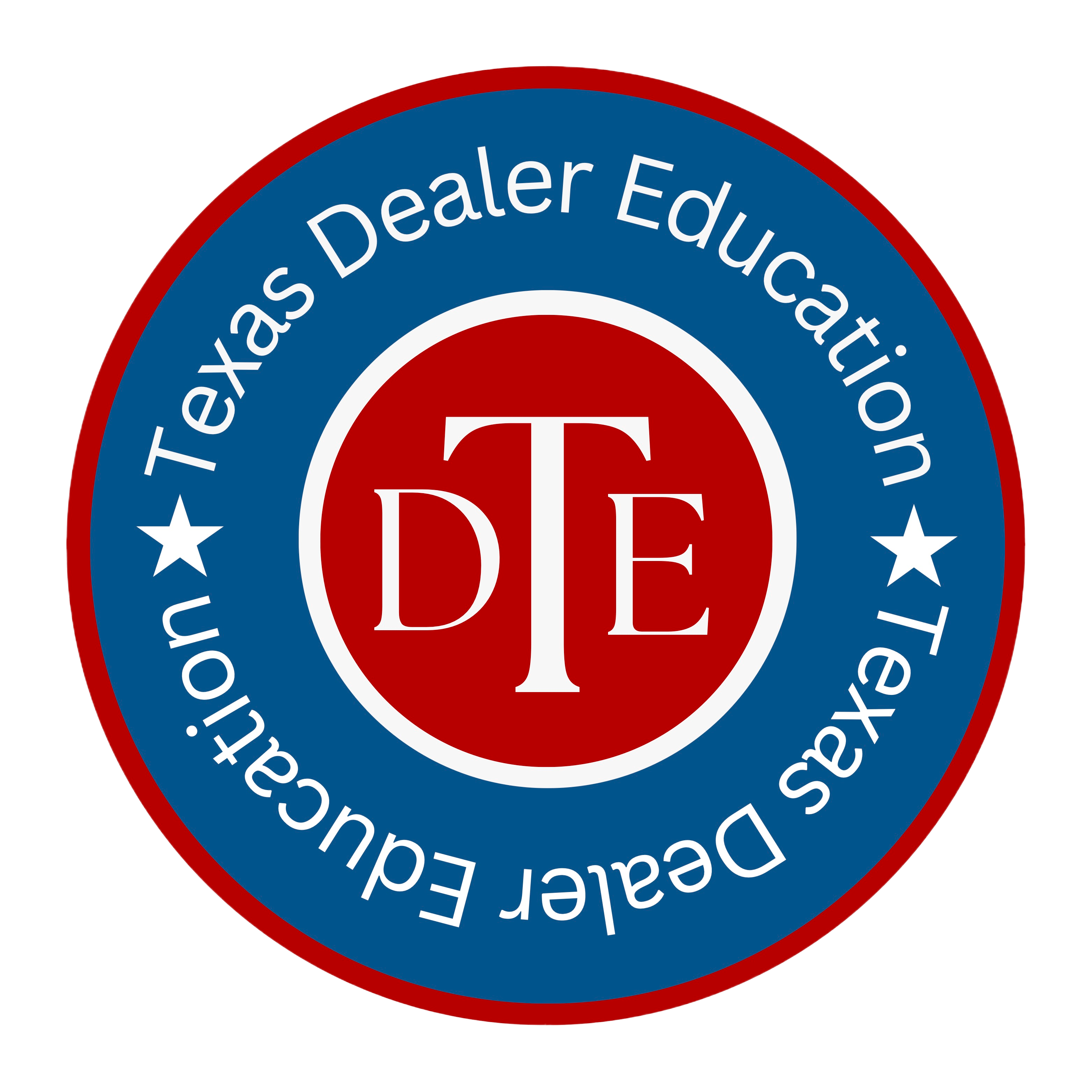Maximizing Your Profit Margin: Key Insights for Running a Successful Independent Dealership in Texas

Running an independent automobile dealership in Texas can be a rewarding venture, but it’s not without its challenges. To thrive in this competitive industry, it’s crucial to focus on maximizing your profit margin. In this blog post, we will explore key insights and strategies that can help you boost profitability and run a successful independent dealership in Texas.
Insights and Strategies for Running a Successful Independent Dealership in Texas
Optimize Inventory Management
Efficient inventory management plays a significant role in maximizing profit margins. Consider implementing the following practices:
- Analyze market demand and trends to stock vehicles that are in high demand.
- Regularly evaluate your inventory to identify slow-moving vehicles and take appropriate action, such as adjusting pricing or promoting them strategically.
- Establish strong relationships with reputable suppliers to negotiate better pricing and terms.
Strategic Pricing
Pricing your vehicles competitively while maintaining healthy profit margins is essential. Consider the following tips:
- Conduct market research to determine the fair market value of vehicles in your area.
- Take into account factors such as mileage, condition, and demand when pricing your vehicles.
- Consider offering value-added services, such as warranties or maintenance packages, to justify higher prices.
Focus on Customer Retention
Building long-term relationships with customers is a valuable strategy for maximizing profitability. Here’s how you can enhance customer retention:
- Provide exceptional customer service at every touchpoint, from initial inquiries to after-sales support.
- Implement a customer loyalty program or referral system to incentivize repeat business.
- Leverage technology to stay connected with your customers, such as sending personalized emails or offering exclusive promotions.
Streamline Operations and Reduce Costs
Identifying areas where you can streamline operations and cut costs can significantly impact your profit margins. Consider the following approaches:
- Automate administrative tasks and invest in dealership management software to improve efficiency.
- Negotiate with vendors to secure better pricing for supplies, services, and advertising.
- Regularly review and optimize your expenses, such as utilities and insurance, to identify potential savings.
Embrace Digital Marketing
A strong online presence is crucial in today’s digital age. Here are some digital marketing strategies to consider:
- Develop an engaging website that showcases your inventory and provides clear contact information.
- Utilize search engine optimization (SEO) techniques to improve your visibility in online searches.
- Leverage social media platforms like Facebook and LinkedIn to engage with your target audience and promote your dealership.
Running a successful independent automobile dealership in Texas requires careful planning, strategic decision-making, and a focus on maximizing profit margins. By implementing effective inventory management, strategic pricing, customer retention strategies, cost-saving measures, and embracing digital marketing, you can position your dealership for long-term success. Remember, consistent evaluation and adaptation are key to staying ahead in this dynamic industry.
